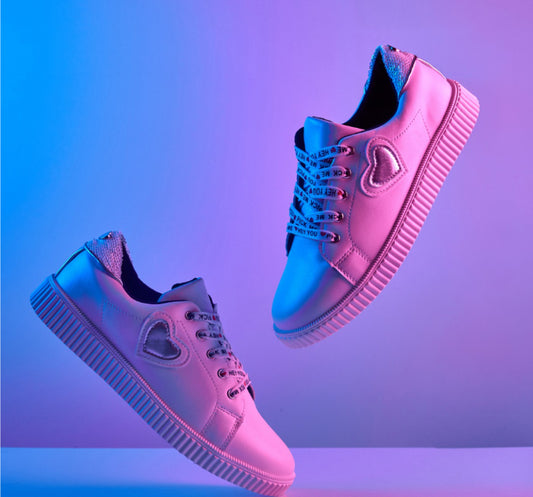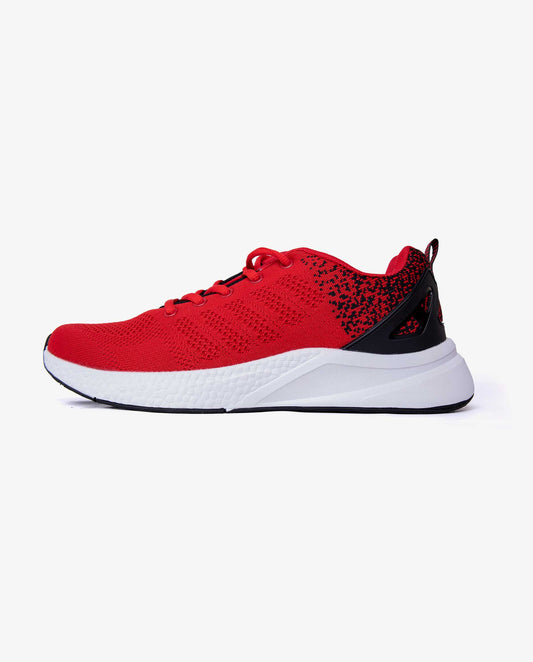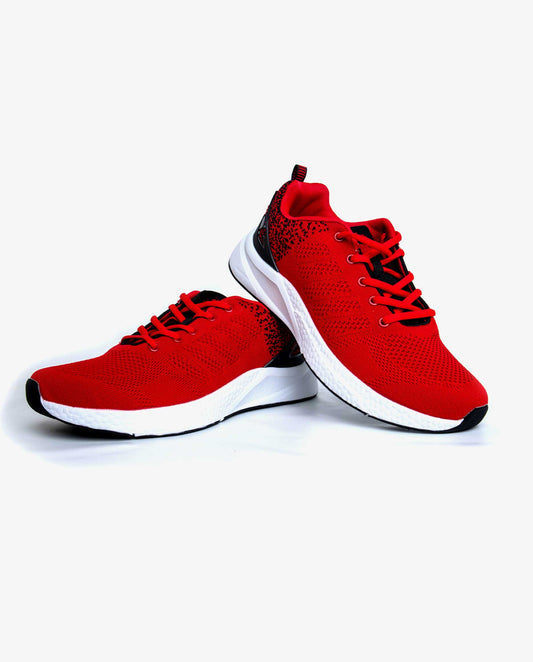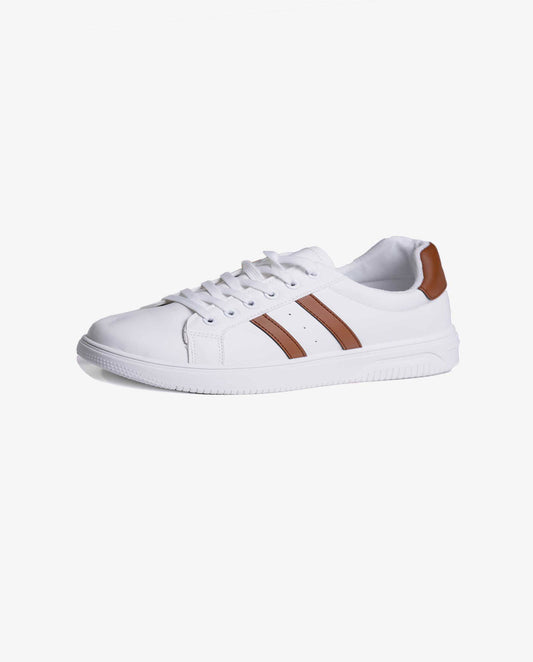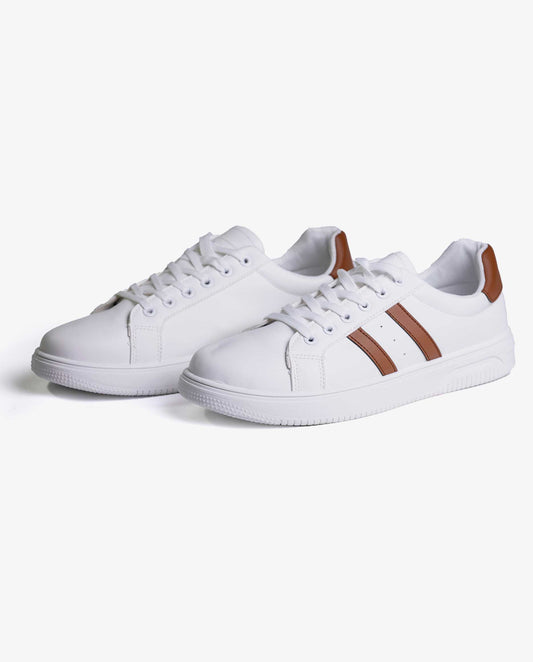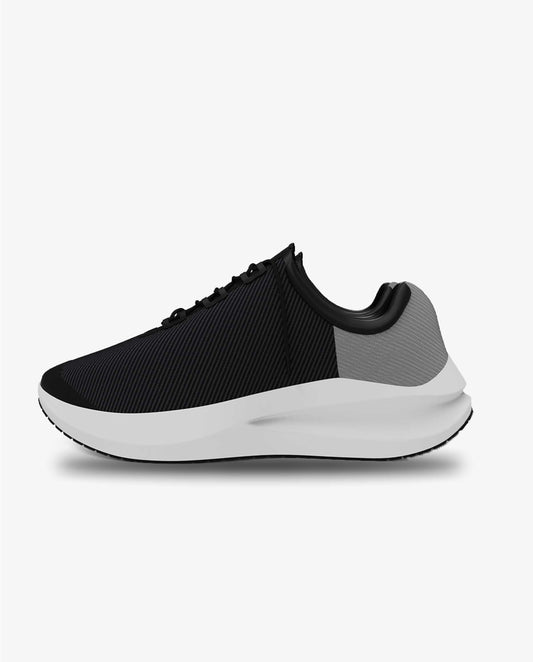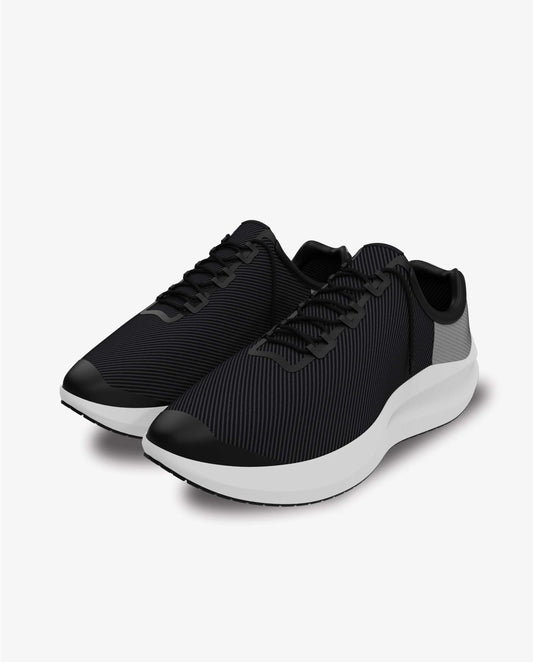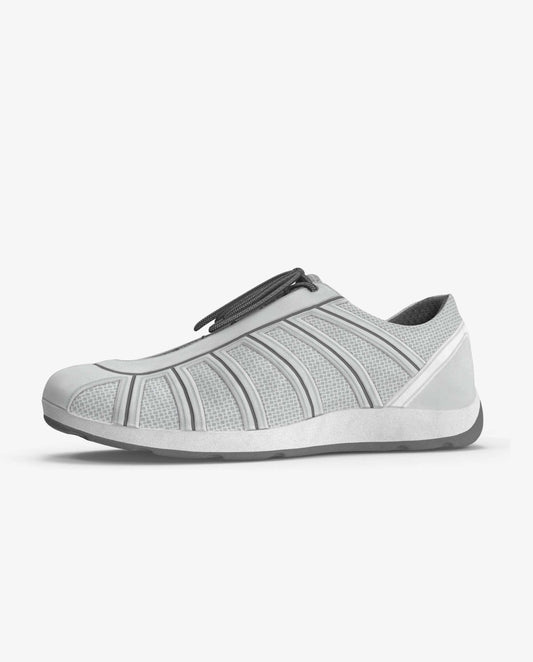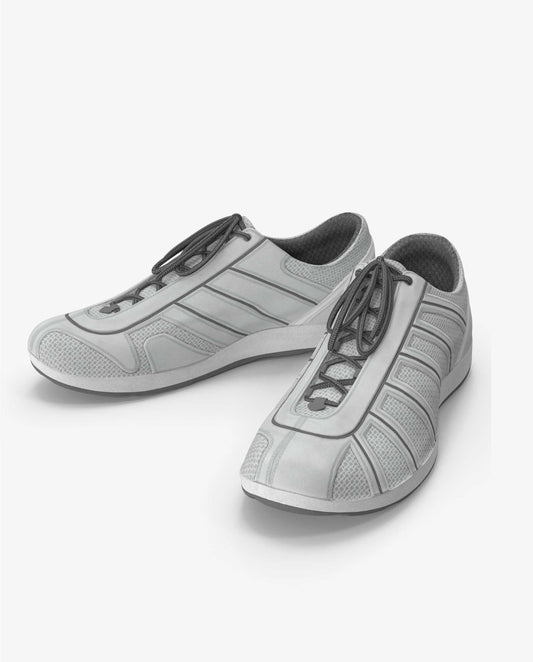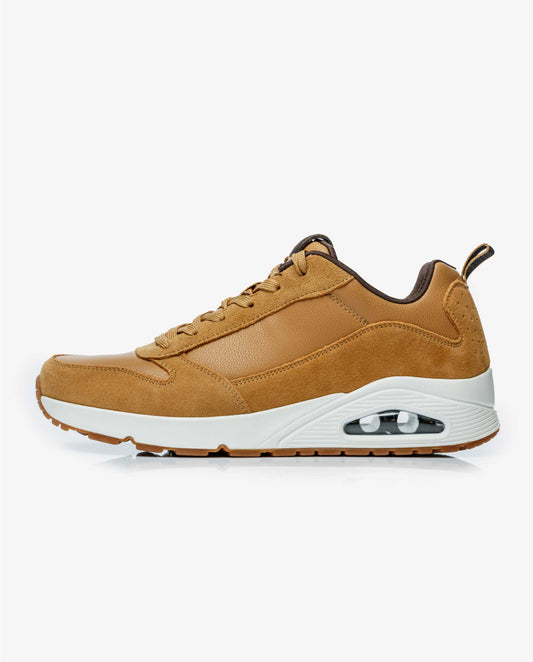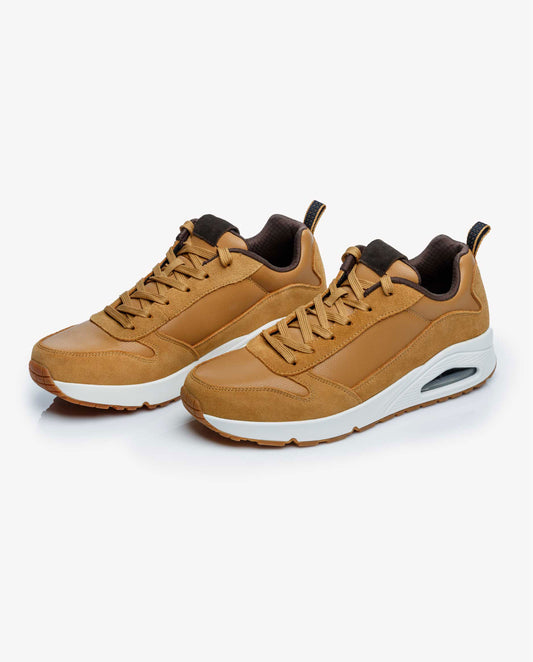Choosing the right running sneakers is crucial for comfort, performance, and injury prevention. Here are some key factors to consider:

1. Understand Your Foot Type
- Neutral: If you have a neutral arch, you can wear most types of running shoes.
- Overpronation: If your feet roll inward excessively, look for stability or motion control shoes.
- Supination: If your feet roll outward, choose shoes with extra cushioning and flexibility.
2. Consider the Running Surface
- Road Running: Shoes designed for pavement and occasional forays onto packed surfaces with slight irregularities.
- Trail Running: Shoes with aggressive tread for traction and stability on uneven terrain.
- Track Running: Lightweight shoes with minimal cushioning for speed and agility.
3. Cushioning and Support
- Cushioning: Decide if you prefer a plush, cushioned feel or a firmer, more responsive ride.
- Support: Depending on your gait, you might need shoes with added support features.
4. Fit and Comfort
- Proper Fit: Ensure there’s about a thumb’s width of space between your longest toe and the end of the shoe.
- Try Multiple Pairs: Visit a specialty running store to try on different brands and models. Comfort is key; if a shoe feels off initially, it likely won’t improve with use.
5. Weight and Breathability
- Lightweight: Opt for lighter shoes for speed and races.
- Breathability: Look for shoes with breathable materials to keep your feet cool and dry.
6. Durability
- Mileage: Consider how many miles you plan to run. Some shoes are designed to last longer than others.
7. Personal Goals
- Distance: For long-distance running, prioritize cushioning and support.
- Speed: For speed training or races, look for lightweight, responsive shoes.
8. Expert Advice
- Specialty Stores: Get fitted at a specialty running store where experts can analyze your gait and recommend suitable options.
- Return Policies: If shopping online, choose retailers with good return policies to ensure you can exchange if needed.
Final Thoughts
Choosing the right running shoes is a personal decision that depends on your foot type, running style, and preferences. By understanding your needs and trying different options, you can find the perfect pair to support and enhance your running journey. Remember, the right shoes not only improve performance but also make every run enjoyable and injury-free.



